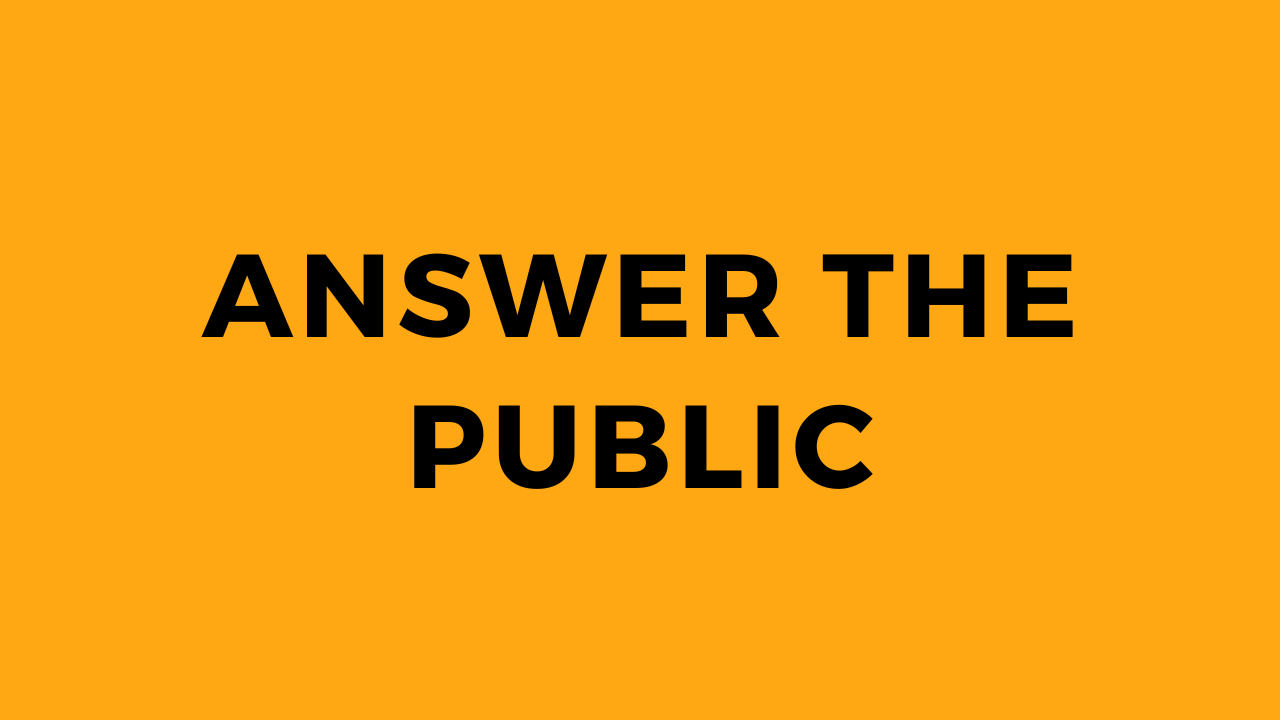.png)
Stay up to date with the latest news
.png)
The Power of Backlinks: How They Boost SEO and Dominate Search Rankings
Introduction
In the ever-evolving world of SEO, backlinks remain one of the most influential ranking factors. Often dubbed as the "currency of the web," backlinks are links from external websites that direct users to your site. Search engines like Google view them as votes of confidence, signaling that your content is valuable and trustworthy. In this article, we explore the power of backlinks, their role in dominating search rankings, and actionable strategies to build a robust backlink profile.
Why Backlinks Matter in SEO
Backlinks are critical to SEO for three core reasons:
-
Authority & Trust: Search engines like Google use backlinks to gauge your site’s credibility. High-quality links from reputable sites act as endorsements, boosting your domain authority (DA).
-
Organic Traffic Growth: Backlinks drive referral traffic from other websites, exposing your content to new audiences.
-
Higher Search Rankings: Websites with strong backlink profiles consistently rank higher in search engine results pages (SERPs).
Google’s algorithm prioritizes sites with relevant, authoritative backlinks, making them a non-negotiable element of SEO success.
Types of Backlinks: Quality Over Quantity
Not all backlinks are created equal. Understanding their types helps prioritize efforts:
-
Dofollow vs. Nofollow Links
-
Dofollow: Pass "link equity" to your site, directly improving SEO.
-
Nofollow: Include a
rel="nofollow"tag, telling search engines not to count them for ranking. While less impactful, they still drive traffic and diversify your profile.
-
-
High-Quality vs. Low-Quality Links
-
High-Quality: Come from authoritative, industry-relevant sites (e.g., Forbes, niche blogs, educational institutions).
-
Low-Quality: Originate from spammy directories, irrelevant websites, or paid link farms. These can harm your SEO if detected by search engines.
-
How Backlinks Improve Your SEO Strategy
-
Boost Domain Authority (DA): A strong backlink profile increases your site’s DA, a metric used by tools like Moz to predict ranking potential.
-
Enhance Content Visibility: Backlinks place your content in front of engaged audiences, amplifying reach.
-
Speed Up Indexing: Search engine crawlers discover new pages faster through backlinks.
-
Keyword Ranking Power: Links with keyword-rich anchor text reinforce your page’s relevance for target search terms.
How to Build High-Quality Backlinks
Building backlinks requires strategy and persistence. Here are proven tactics:
1. Create Link-Worthy Content
Publish evergreen content, original research, infographics, or in-depth guides that naturally attract backlinks. For example, a well-researched "Ultimate Guide to Digital Marketing" is more likely to be cited by bloggers and journalists.
2. Guest Posting
Write articles for authoritative websites in your niche. Include a backlink to your site in the author bio or within the content (if allowed).
3. Broken Link Building
Use tools like Ahrefs or Check My Links to find broken links on relevant sites. Suggest your content as a replacement to webmasters.
4. Leverage Digital PR
Share newsworthy stories, data studies, or product launches with journalists and bloggers. Earn media mentions and backlinks.
5. Engage in Community Building
Participate in forums, Q&A sites (e.g., Quora), or industry groups. Provide value and link to your resources when relevant.
6. Monitor Competitors
Analyze competitors’ backlinks using tools like SEMrush or Majestic. Identify their link sources and replicate their success.
Measuring Backlink Impact
Track your backlink performance with SEO tools:
-
Ahrefs: Analyze referring domains, anchor text, and spam scores.
-
Google Search Console: Monitor inbound links and top-linked pages.
-
Moz Link Explorer: Assess domain authority and link growth trends.
Focus on metrics like referring domains, DA of linking sites, and organic traffic growth to gauge success.
Common Backlink Mistakes to Avoid
-
Buying Links: Purchased links violate Google’s guidelines and risk penalties.
-
Ignoring Relevance: Links from unrelated sites (e.g., a fitness blog linking to a tech site) offer little SEO value.
-
Over-Optimized Anchor Text: Excessive exact-match anchor text (e.g., "best SEO agency") can trigger spam alerts.
-
Neglecting Nofollow Links: While less powerful, they contribute to a natural link profile.
The Future of Backlinks in SEO
As search algorithms evolve, backlinks will remain vital but with a stronger focus on:
-
E-A-T (Expertise, Authoritativeness, Trustworthiness): Links from experts and trusted institutions will gain prominence.
-
User Experience Signals: Search engines may prioritize links from sites with high engagement and low bounce rates.
-
AI-Driven Link Building: Tools leveraging AI to identify link opportunities and personalize outreach will rise.
Conclusion
Backlinks are the backbone of SEO, empowering websites to climb search rankings, build authority, and drive sustainable growth. By focusing on quality over quantity, creating valuable content, and avoiding black-hat tactics, businesses can harness the power of backlinks to dominate their niches.
Ready to supercharge your SEO? Start auditing your backlink profile today and implement these strategies to unlock long-term success.
Target Keywords: Power of backlinks, SEO backlinks, high-quality backlinks, backlink building strategies, dofollow vs nofollow, domain authority.
Optimization Tips:
-
Use keywords in headers (H2, H3) and body text naturally.
-
Include stats or case studies for credibility (e.g., "Sites with 100+ backlinks have 2.2x higher traffic").
-
Add a FAQ section for featured snippet opportunities:
FAQ:
-
What is the fastest way to get backlinks?
Focus on guest posting, digital PR, and creating shareable content like infographics. -
How many backlinks do I need to rank?
Quality matters more than quantity. Even 10-20 high-authority links can boost rankings. -
Can backlinks hurt my SEO?
Yes, spammy or irrelevant links can lead to Google penalties. Regularly audit your backlink profile.
.png)
.png)
.png)
.png)
.png)
.png)
.png)
.png)
.png)
.png)
.png)

.png)
.png)
.png)
.png)
.png)
.png)
.png)
